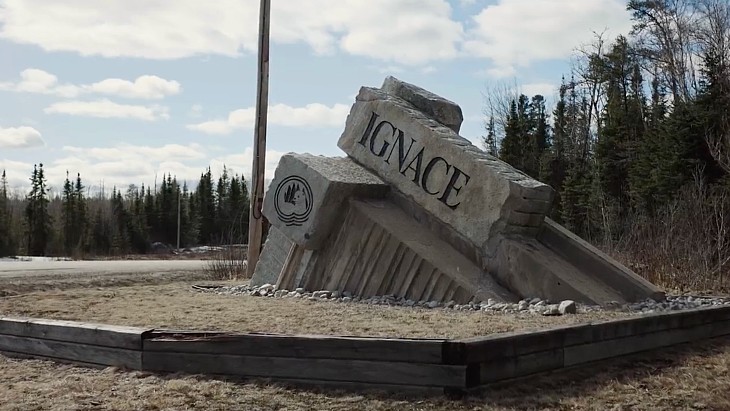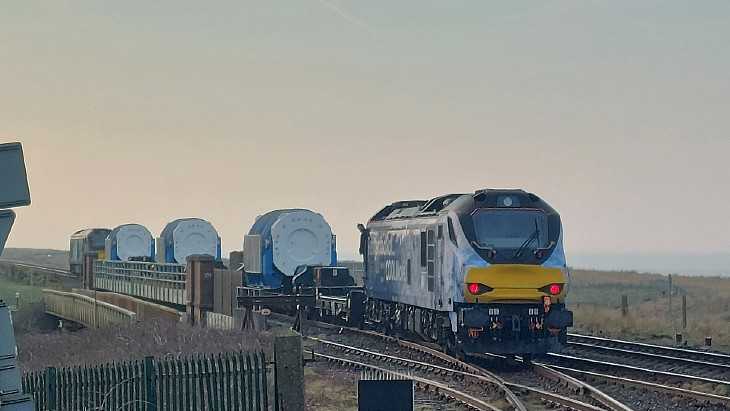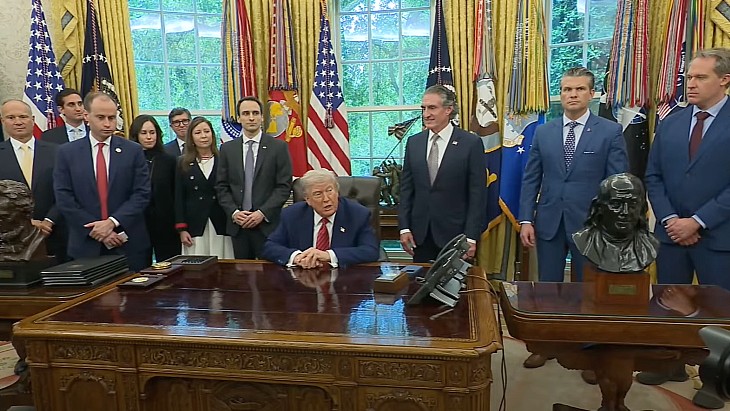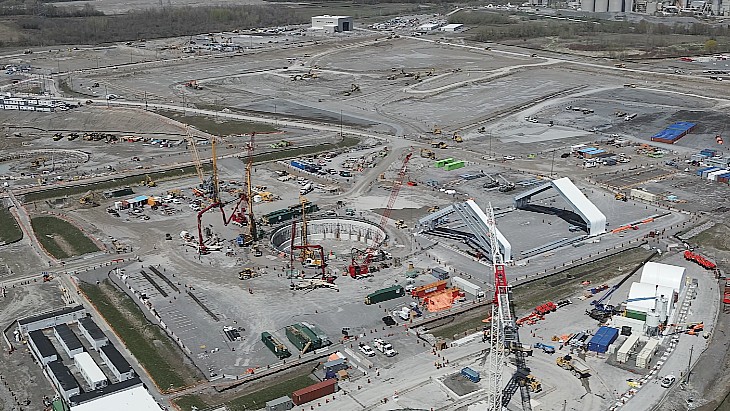Xi and Macron discuss reprocessing project
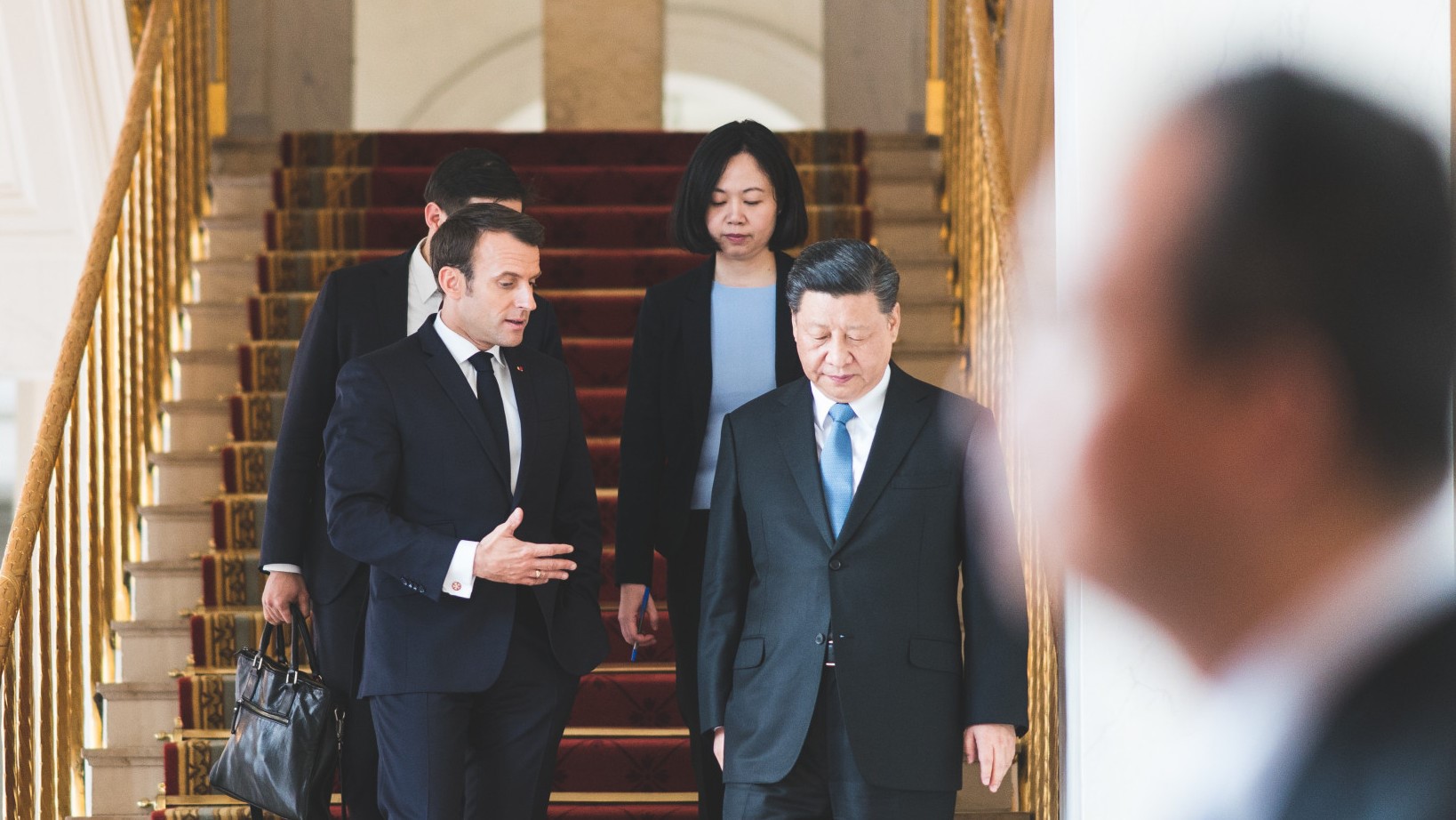
Having begun using nuclear power in 1991 in a collaborative project with France, the first fuel from Daya Bay is now 28 years old and suitable for reprocessing. A reprocessing plant constructed in the next few years would therefore have a ready programme of work in good time to service used fuel from country's 46 newer reactors as well as the 11 currently under construction.
Macron said “the dynamic” of the reprocessing project had accelerated in recent weeks. "We came to the moment of exchange on this point. We agreed to redouble our efforts for trade negotiations and the signing of the intergovernmental agreement can be completed promptly."
One of China's newest nuclear reactors, Taishan 1, was also a French project. Macron called its commercial commissioning a "breakthrough". Unit 2 at the site should be commissioned within months. The countries also cooperate in the ongoing construction of two EPRs at Hinkley Point C in the UK, of which China has a 33.5% stake through China General Nuclear.
A commitment to continue cooperation in nuclear power as well as other strategic industries, including the aerospace and automotive, was reiterated by both leaders' official statements.
Alongside Xi and Macron's meeting, the chairman of China Nuclear Group, Yu Jianfeng, addressed a Sino-French Entrepreneurs Committee set up to discuss such strategic industries. Members of the select group comprised 15 top executive leaders from Bank of China, EDF, Framatome and Orano. Yu also expressed Chinese and French support for the Paris agreement, noting that there is an active use of nuclear energy to address global climate challenges.
Multilateral commitment
Noting the US declaration to withdraw from the Paris agreement, Macron and Xi reiterated their support for it. French statements placed the environment at the heart of Sino-French relations. Ahead of the meeting Macron said he would propose to Xi that 2018-9 be a "year of ecological transition to mobilise our businesses, our start-ups, our researchers, our students, our universities, our cities, regions, to demonstrate to the world that we, France and China, are able to make our planet great and beautiful again."
Both leaders stressed multilateral issues. They want to "build strong multilateralism on the climate issue. Indeed, we must respond to this emergency". Macron said a French initiative would be to push the G20 to adopt "the rules of application of the Paris agreement'". Xi echoed this and added his support for the United Nations Sustainable Development Goals (SDGs). These include several to which nuclear science and technology contribute, in particular SDG 7 on 'affordable and clean energy' and SDG 13 on 'climate action'.
_17992.jpg)
_75800.jpg)
